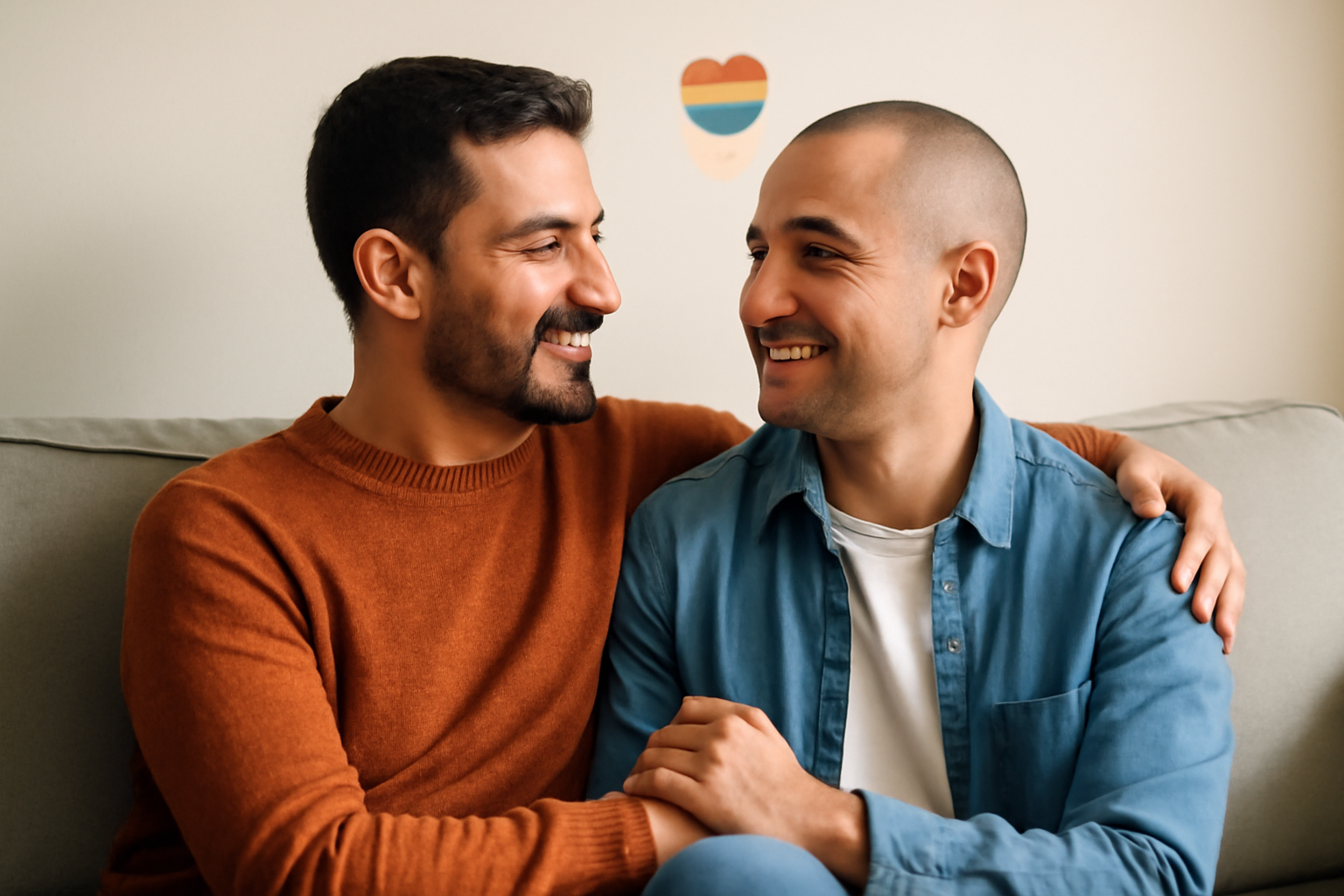
As Valentine's Day approaches, many feel the pressure to celebrate with their loved ones, while others prefer to steer clear of the holiday. For individuals in recovery from substance use, navigating relationships and dating can add another layer of complexity to the celebrations. Fortunately, there are effective strategies and community resources available for those pursuing sober dating, particularly within the LGBTQ+ community.
Challenges of Romance in Recovery
Romantic relationships often come with unpredictability, and when coupled with the challenges of recovery from substance use disorders, they can become even more complex. Many social situations, especially those involving dating, might include alcohol or drugs, which can be triggering for those in recovery.
According to recent statistics, the prevalence of substance use is significant. Within Washington, D.C., 22.96% of adults reported illicit drug use in the past month, and 22.5% engaged in binge drinking. This highlights the importance of navigating sober interactions carefully, especially in a city with such statistics.
For members of the LGBTQ community, these challenges might be further amplified due to strained familial relationships or societal pressures. Studies indicate that sexual minority adults are more likely to experience substance use disorders compared to their heterosexual counterparts, with notable percentages across various LGBTQ subgroups.
Strategies for Combining Romance and Sobriety
Despite these challenges, it is entirely possible for romance and sobriety to coexist harmoniously. The key lies in taking proactive steps to ensure one’s recovery remains the top priority.
Prioritize Sobriety: Sobriety should be the non-negotiable foundation upon which all relationships are built. Before entering into a romantic relationship, it is vital for individuals to feel confident in their ability to maintain their recovery journey.
Honesty and Transparency: Open communication is crucial. Being upfront about one’s recovery journey can set the stage for a healthy relationship. Discussing boundaries, needs, and triggers early on can help prevent misunderstandings and build trust.
Sober-Friendly Activities: Opt for date activities that do not focus on alcohol or drugs. Consider hikes, art classes, coffee meet-ups, sporting events, museum visits, or leisurely walks. Engaging in activities that support a sober lifestyle can help deepen connections without compromising sobriety.
Lean on Support Networks: Regularly engage with support groups, sponsors, or therapists to process any emotions that may arise. The D.C. LGBTQ+ Community Center and other local resources offer crucial support for those in need. Moreover, the 988 Suicide and Crisis Lifeline is available for those experiencing mental health crises.
Community and Support Resources
Building a supportive community is essential for success in both recovery and personal relationships. The D.C. LGBTQ+ Community Center provides valuable resources for health and wellness. The D.C. Office of Human Rights also offers an LGBTQIA+ resource portal, connecting individuals to the support they might need.
For the LGBTQ community, mental health is a significant concern, with LGBT adults often reporting more frequent experiences of stress, depression, and emotional challenges. Accessing community resources and guidance can be a lifeline for those navigating these issues.
Conclusion
While Valentine’s Day and the quest for romance might present challenges, they also offer opportunities for growth and connection. Maintaining a balance of vulnerability, self-awareness, and commitment to sobriety can lead to fulfilling relationships.
By embracing the journey of recovery alongside the pursuit of love, individuals can experience profound and meaningful connections. Leaning on community support and prioritizing personal growth allows for a harmonious blend of romance and sobriety, offering a path to lasting happiness.
Related Posts
Stonewall Riots: Celebrating the Role of Trans Women in the LGBTQ+ Movement
Recently, there have been some unsettling changes stirring up anger in parts of our community. The government has quietly removed vital mentions about trans people from important historical landmarks. The Stonewall National Monument, which honors those pivotal riots, has seen its website revised in a troubling manner, leaving out transgender individuals who played key roles in that chapter. why s [...]
Controversy Surrounds Meta's Policy Changes After LGBTQ+ Group's Post Removal
Meta's policy shift sparks outrage in LGBTQ+ circles Lately, Meta has found itself at odds with Equality Amplified, a powerhouse in LGBTQ+ advocacy, after one particular Facebook post was removed. The post, which boldly criticized changes in Meta's guidelines on hateful conduct, was taken down with claims citing "cybersecurity concerns." This move has set off alarm bells about Meta's recent polic [...]
SCOTUS to Hear Case on Conversion Therapy: A Call to Protect LGBTQ+ Youth
Growing up queer in southeast Missouri during a time when acceptance was hard-won was no picnic. The 1990s were full up with confusion and fear, and those feelings were only magnified by a culture that labeled LGBTQ+ identities as not just different, but downright sinful. I remember trying everything, including earnest prayers, hoping that somehow I'd stop feeling attracted toward people like me. [...]